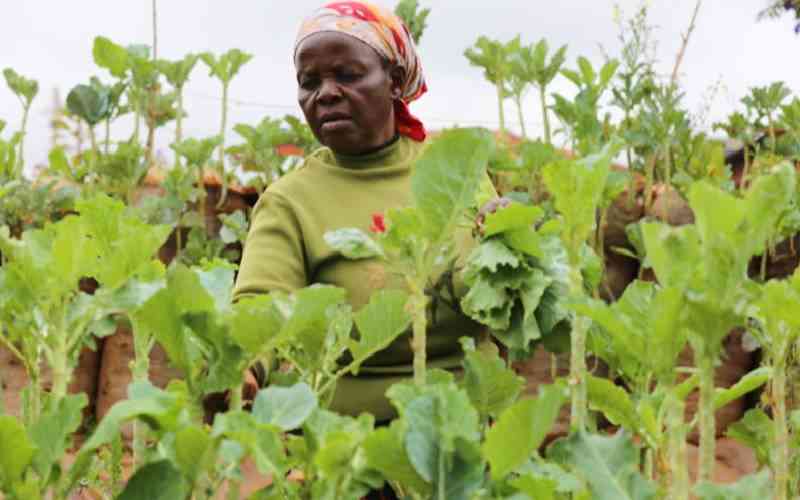
Climate change has triggered a global environmental crisis, thus calling for innovative solutions. Consequently, a new breed of 'solutions providers' has emerged - green entrepreneurs. They have embraced a new and disruptive business paradigm, not profit driven, but whose brilliant business concepts carry a high degree of risk, with benefits to the environment and a clear call for social change to prevent further ecological damage.
In regard to the ongoing environmental crisis, green entrepreneurs have been recognised as a crucial component to green economic growth and instrumental to sustainability. They showcase the business side of climate change. Whilst conventional business has traditionally measured success in the nature of profits made, green entrepreneurs are an army whose mission is to reduce/terminate environmental damage by adopting models that speak to social change and adoption of skills that redeem the planet well before profits statements are posted.